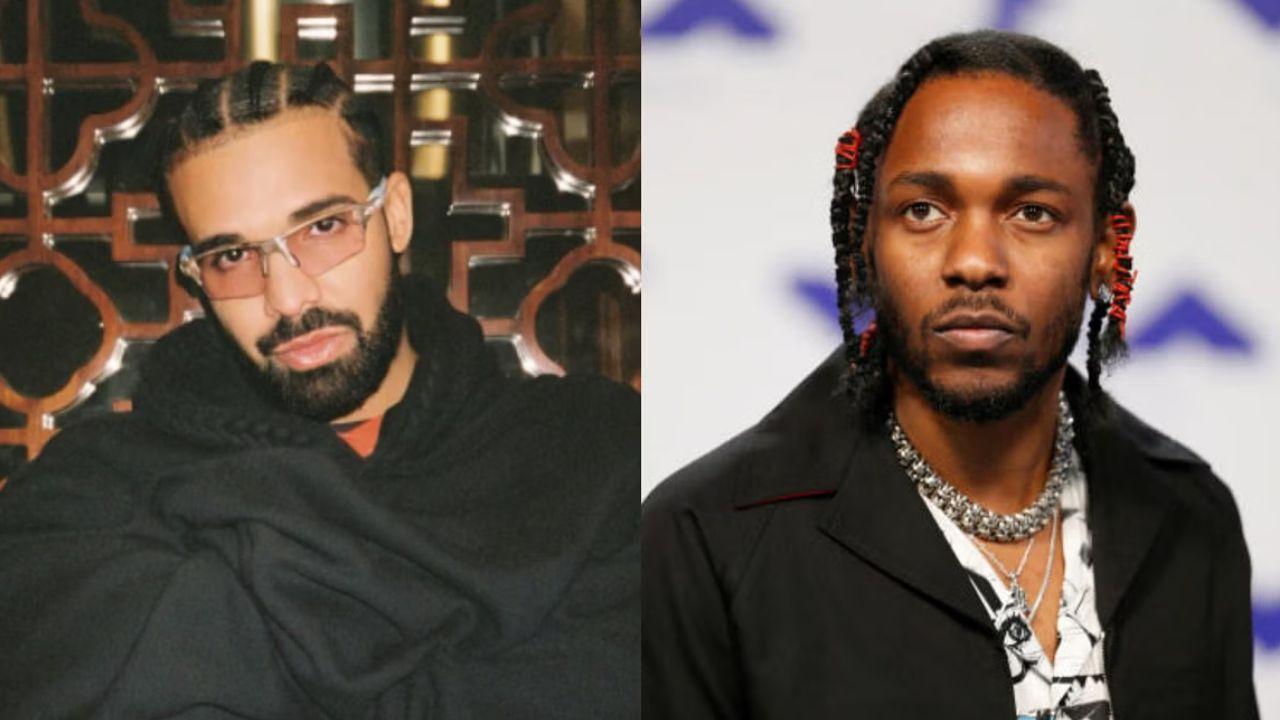
Post by: Vansh Kumar
In recent years, how advanced technology is making healthcare better around the world has become one of the most exciting and rapidly evolving areas of discussion. Technological breakthroughs are reshaping the healthcare landscape, offering new opportunities for improving patient care, diagnosis, and treatment. From artificial intelligence (AI) to telemedicine and robotic surgeries, the integration of innovative technologies is not just enhancing medical practices but also making healthcare more accessible and efficient than ever before. Let’s dive into the ways advanced technology is making healthcare better around the world, and why this transformation is so essential for the future of medicine.
One of the most significant ways advanced technology is making healthcare better around the world is through telemedicine. With the help of video calls, mobile apps, and online consultations, telemedicine allows patients to connect with doctors without needing to visit a clinic or hospital. This has proven to be invaluable, especially in remote and underserved areas, where access to healthcare services is limited.
Telemedicine is particularly crucial in managing chronic conditions, offering virtual follow-ups, and providing mental health services. By eliminating the need for travel and reducing wait times, telemedicine ensures that patients receive timely care from the comfort of their homes. This technology has been especially beneficial during the COVID-19 pandemic, where in-person visits were limited, and it continues to thrive in providing accessible healthcare worldwide.
Another area where advanced technology is making healthcare better around the world is through artificial intelligence (AI). AI is revolutionizing how doctors diagnose and treat patients by analyzing vast amounts of medical data to identify patterns that may be missed by human eyes. AI-powered tools can assist in detecting diseases like cancer, heart conditions, and neurological disorders early, which greatly improves patient outcomes.
For example, AI algorithms can analyze medical imaging (such as X-rays and MRIs) to identify potential issues with incredible accuracy. In addition to improving diagnostic accuracy, AI also helps personalize treatment plans based on an individual's genetic makeup, medical history, and lifestyle choices. This personalized approach is leading to more effective treatments and better health outcomes for patients.
Robotic surgery is another groundbreaking technology that is transforming healthcare. How advanced technology is making healthcare better around the world through robotics is evident in the increased precision and reduced risk of complications during surgeries. Robotic systems, such as the da Vinci Surgical System, allow surgeons to perform complex procedures with enhanced accuracy, control, and flexibility.
The primary advantage of robotic surgery is its minimally invasive nature. Smaller incisions mean less pain, shorter recovery times, and reduced risks of infection. Whether it's a heart surgery, orthopedic procedure, or cancer treatment, robotic surgery is changing the way medical professionals approach even the most delicate procedures. As the technology continues to advance, it's expected that robotic surgeries will become even more common, further enhancing patient care globally.
Wearable technology is another area where advanced technology is making healthcare better around the world. Devices such as fitness trackers, smartwatches, and health monitoring gadgets enable users to track vital health metrics like heart rate, blood pressure, and sleep patterns in real-time. These devices give individuals more control over their health, encouraging healthier lifestyles and early detection of potential health issues.
For example, smartwatches with ECG capabilities can detect irregular heart rhythms and alert users to seek medical attention. Wearables that monitor blood glucose levels are especially beneficial for individuals with diabetes, allowing them to manage their condition effectively. As these devices continue to evolve, they will play an even more significant role in preventive healthcare, offering people the tools they need to stay healthier and avoid major health problems down the road.
With the increasing use of digital health data, ensuring its security is a top priority. Blockchain technology is playing a critical role in securing patient health records and ensuring their accuracy. By offering a decentralized and tamper-proof system, blockchain guarantees that patient data remains confidential, accessible only to authorized personnel.
The integration of blockchain in healthcare has the potential to eliminate data breaches, reduce fraudulent activities, and streamline administrative processes. It also ensures that patients have full control over their own health data, empowering them to make more informed decisions about their care. As blockchain technology continues to develop, its role in ensuring the safety and privacy of patient data will become increasingly important.
3D printing technology is also revolutionizing healthcare by providing customized solutions for patients. How advanced technology is making healthcare better around the world through 3D printing can be seen in the creation of prosthetics, implants, and even tissue and organ printing. Custom-made prosthetics are not only more comfortable but also more functional for the patient, as they are designed to fit their specific needs.
In the field of surgery, 3D printing allows surgeons to practice complex procedures on 3D models of a patient's anatomy before performing the actual surgery. This pre-surgical preparation can reduce the risk of complications and improve the overall success of the procedure.
How advanced technology is making healthcare better around the world is transforming the medical field, offering innovative solutions that enhance patient care and outcomes. Key advancements include telemedicine, which improves access to healthcare, especially in remote areas, and artificial intelligence (AI), which aids in accurate diagnoses and personalized treatments. Robotic surgeries are increasing precision and reducing recovery times, while wearable devices help individuals monitor their health in real-time. Blockchain technology ensures the security and privacy of patient data, and 3D printing is providing customized prosthetics and implants. As these technologies continue to evolve, they promise a future of more efficient, accessible, and personalized healthcare globally.
Disclaimer: The content of this article is intended for informational purposes only. The views expressed in this article do not reflect the official stance of the DXB News Network. Readers should seek professional medical advice before making any healthcare decisions.
#trending #latest #AdvancedTechnology #HealthcareInnovation #Telemedicine #ArtificialIntelligence #RoboticSurgery #WearableDevices #BlockchainHealthcare #3DPrinting #HealthcareTransformation #FutureOfMedicine #PatientCare #DigitalHealth #MedicalTechnology #breakingnews #worldnews #headlines #topstories #globalUpdate #dxbnewsnetwork #dxbnews #dxbdnn #dxbnewsnetworkdnn #bestnewschanneldubai #bestnewschannelUAE #bestnewschannelabudhabi #bestnewschannelajman #bestnewschannelofdubai #popularnewschanneldubai

Ananya Panday stuns in a vintage cyan saree with gajra at the Kesari 2 trailer launch. Her fresh summer look is a perfect festive style inspiration....Read More.

Dubai Police managed 45,845 calls over Eid, including 40,715 emergencies via 999 and 5,130 non-urgent queries via 901, ensuring quick response times....Read More.














Safeer Mall in Sharjah Closes After Decades as a Beloved Shopping Spot
Iconic Safeer Mall in Sharjah shuts down after nearly two decades, leaving residents nostalgic for i

Barcelona Beat Atletico to Set Up Copa Final vs Real Madrid
Barcelona edged Atletico 1-0 to reach the Copa del Rey final, where they’ll face rivals Real Madrid

UAE Wins 16 Medals at Special Olympics World Winter Games 2025
UAE athletes shine at Special Olympics Winter Games 2025, winning 16 medals. A proud moment for incl

Meta’s AI Research Head Joelle Pineau to Step Down in May
Joelle Pineau, Meta’s VP for AI research, will step down in May after 8 years. She led Meta’s open-s

Real Madrid Edge Real Sociedad in 4-4 Thriller to Reach Final
Real Madrid fought back from 4-2 down to draw 4-4 with Real Sociedad sealing a 5-4 aggregate win. Ru